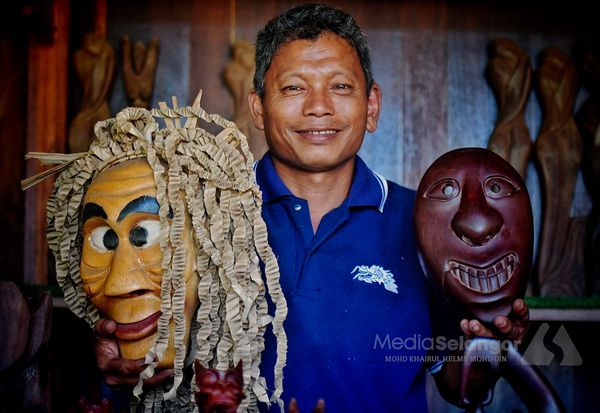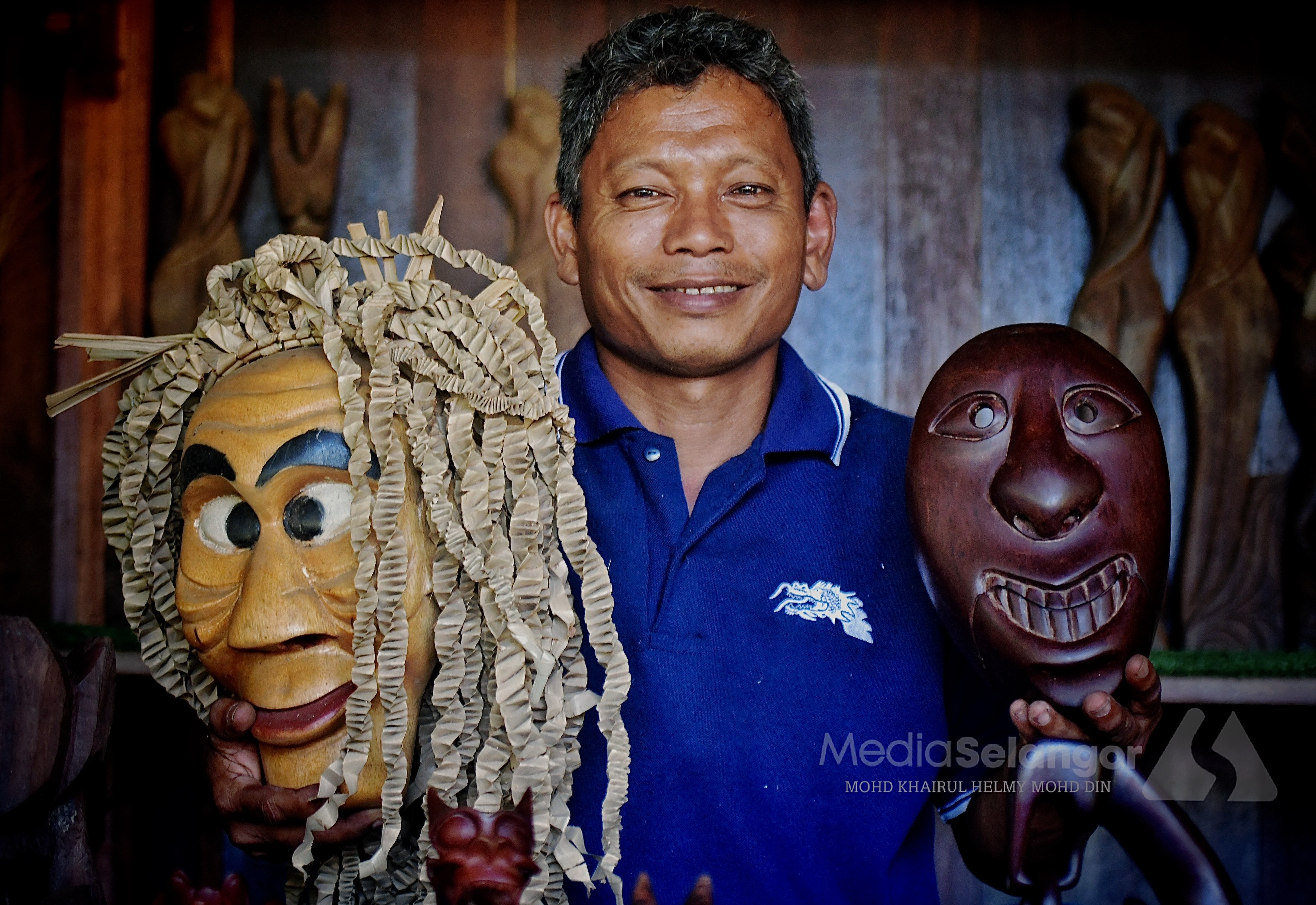SHAH ALAM, Aug 9 — Contrary to the perception that the Orang Asli community is left behind from the currents of progress, the reality in Selangor presents a different narrative, as many have excelled in various fields.
One such individual is A Samri Abdul Rahman, a master craftsman of Mah Meri ethnic wooden statues and masks from Kampung Orang Asli Sungai Bumbun, whose achievements prove that cultural heritage can be elevated to the world stage.
The 50-year-old never imagined that the woodcarving skills he learnt from his uncle 30 years ago would one day take him far and wide, not just within the country but across the globe.
“In the past, I would lie outside my house, look at aeroplanes and wish I could board one. The desire was there, but it never happened — flying was expensive.
“I never thought that through carving, I would get to go to Paris. I made my passport at PKNS Shah Alam back then.
"After that came Thailand, China, Paris, London, and most recently, Osaka in Japan. In fact, I have been to London and Paris twice.
“I feel happy to see other countries, and at the same time, we can promote our crafts abroad so that tourists will come to our country,” he told Media Selangor.
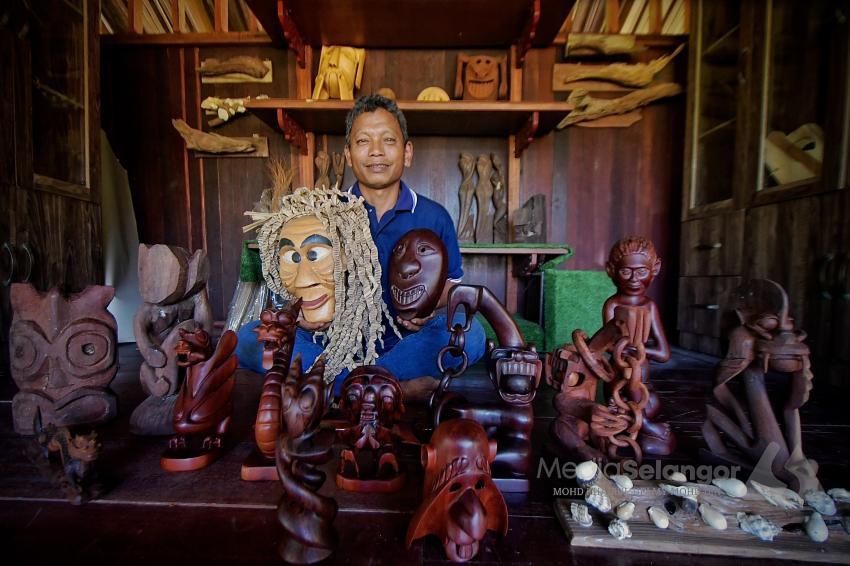
Samri's statues, made from a mangrove wood known as nyireh batu, have sold for up to RM5,000, purchased mainly by foreign tourists from various countries.
Each Mah Meri carving — a tradition recognised by Unesco — carries a deep story and symbolism, such as motifs of anchors, dragons, and tigers, representing strength and protection.
“Every carving has its own story, usually connected to the universe — passed down from our ancestors. Foreign tourists usually prefer statues with a story behind them,” he said.
Recognised as an Adiguru Kraf (Master Craftsperson) by the Malaysian Handicraft Development Corporation, Samri said that government support and opportunities have greatly helped him move forward in his field while preserving the heritage passed down by his ancestors.
“My carvings, along with those of my peers, are now displayed at the Shah Alam Museum, proof of the government’s support. They have also reached many countries when bought by foreign tourists,” he said.
However, Samri admitted that the Mah Meri woodcarving heritage is increasingly under threat due to the lack of younger generations with a genuine interest in inheriting the skill.
“In this village, there may be only five or six carvers. Young people? Very few. My uncle’s son carves, but only after being pushed into it. When I am away, there is no one in the village doing it.
“To preserve this heritage, we have to be the foundation. Produce the items first — whatever comes to mind, just make it. Do not wait.
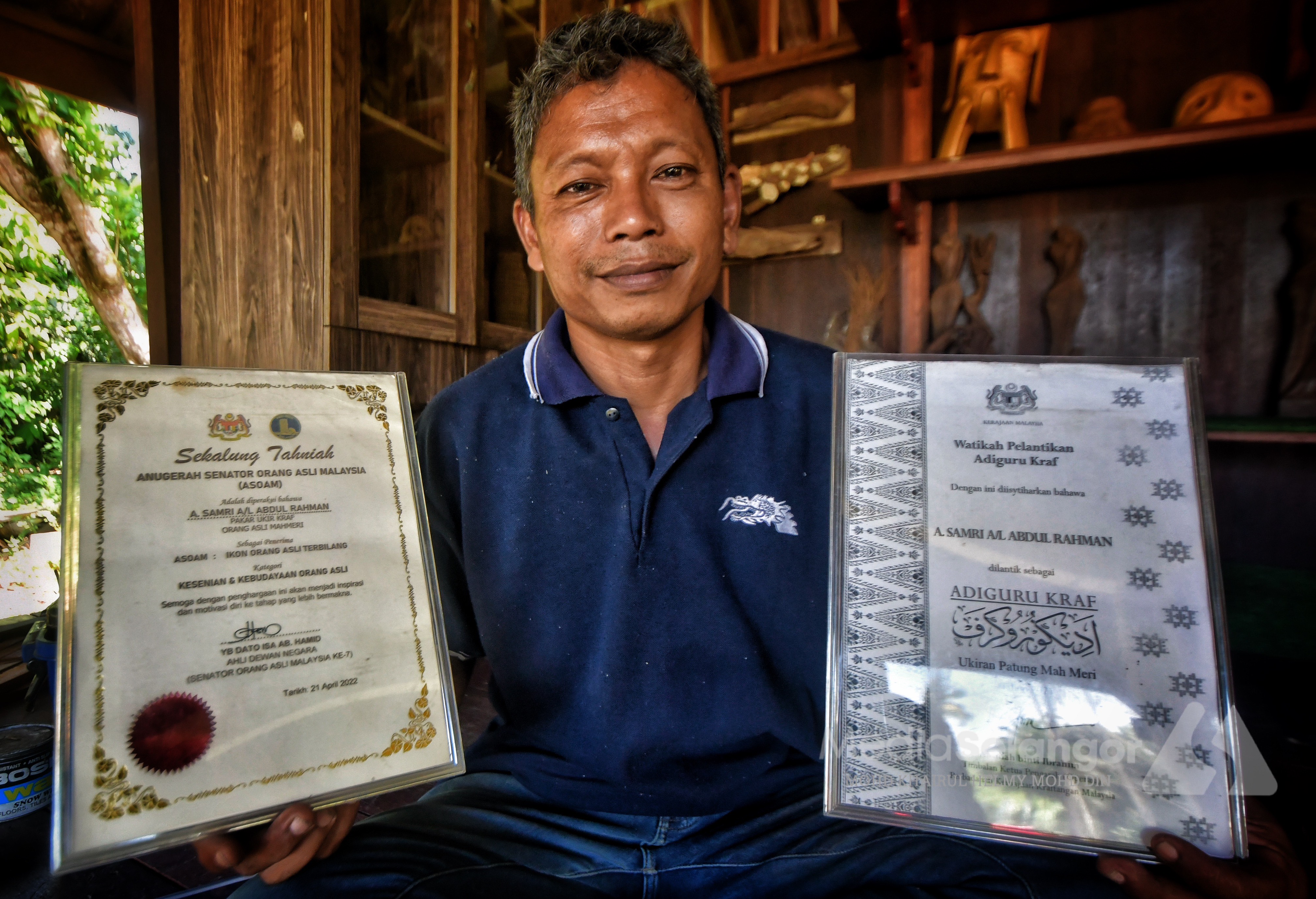
"Whether it is an animal, a wooden knife, or a keris, there is no restriction. I understand these are heritage statues, but just make them — there is no barrier,” he said.
For Nur Liah Asul, 37, a Temuan woman from Kampung Orang Asli Pulau Kempas in Banting, breaking through the boundaries of stereotypes and traditional challenges to step into the courtroom as a lawyer proves that courage to leave the comfort zone, paired with the right encouragement, can change one’s future.
Recalling the first time she left her village to further her studies in the foundation programme for law at Universiti Teknologi Mara's Sungai Petani campus in Merbok, Kedah, Liah has never forgotten those who worked hard to raise funds for her expenses.
“I still remember going with my mother and teacher to seek donations. What I can still recall now is holding RM1,000 worth of contributions to get me started.
“I am very grateful to my primary school teacher. Then, a Selangor JHEA officer helped me – his name is Mr Hamdan. That name I will never forget.
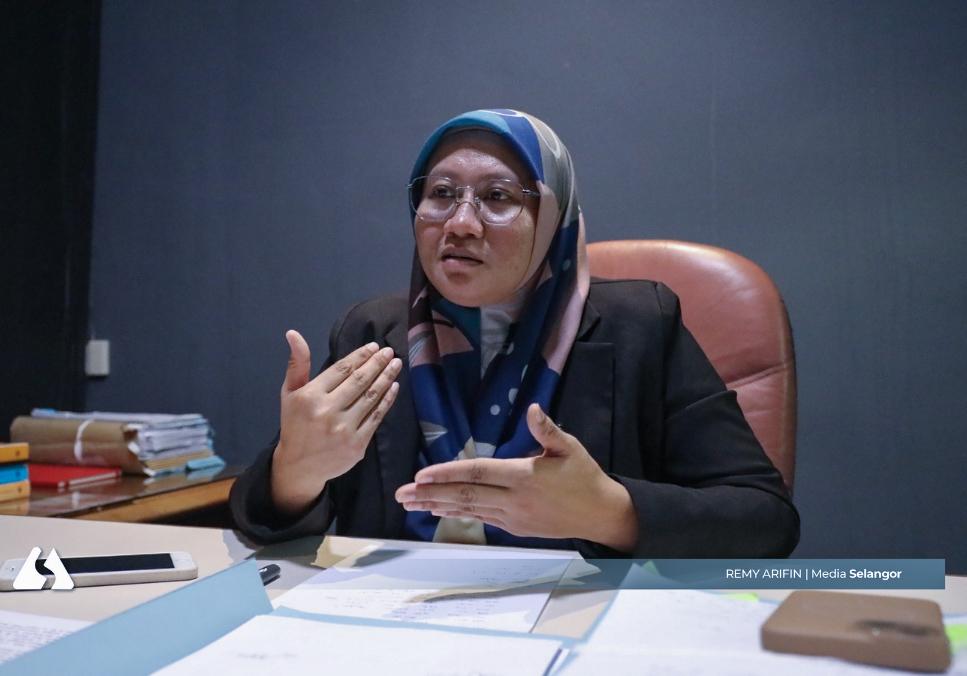
"He helped me a lot in securing a scholarship, taking me from the district office to the state office,” she said.
The challenges did not stop there — feelings of self-doubt and the perceptions of others lingered, especially when surrounded by classmates from upper- and middle-class backgrounds. This almost led Liah to give up, but the unwavering support from her family restored her fighting spirit.
“Over there, I had to work harder. I met friends from very different backgrounds — some had parents who were judges, lawyers, or businesspeople. I came from a village; my parents were village workers, and my siblings had regular jobs. So adapting to certain environments was difficult,” she said.
Today, the mother of three is often invited to schools and villages to share motivation and awareness, particularly with parents and young people, on the importance of education and self-empowerment.
“Whenever I give a talk, I tell the young people to continue studying — there is no problem. If there are financial constraints, there are now scholarships available.
"There are many other forms of assistance provided by the government. I myself received a scholarship as well as one-off assistance from Yayasan Selangor,” Liah said.
However, she believes that to ensure more Orang Asli children are brave enough to embrace the challenge of education and careers, the government needs to intensify outreach programmes in Orang Asli settlements.
“To me, outreach programmes are very important. Many are still afraid or unaware of the options they have.
"If the government and agencies keep coming to the villages with a friendly and consistent approach, it can attract them,” Liah said.
She added that while financial aid is now widely available, the real challenge lies in awareness, moral support, and self-confidence — things that can only be nurtured through early exposure and continuous interaction with the outside world.
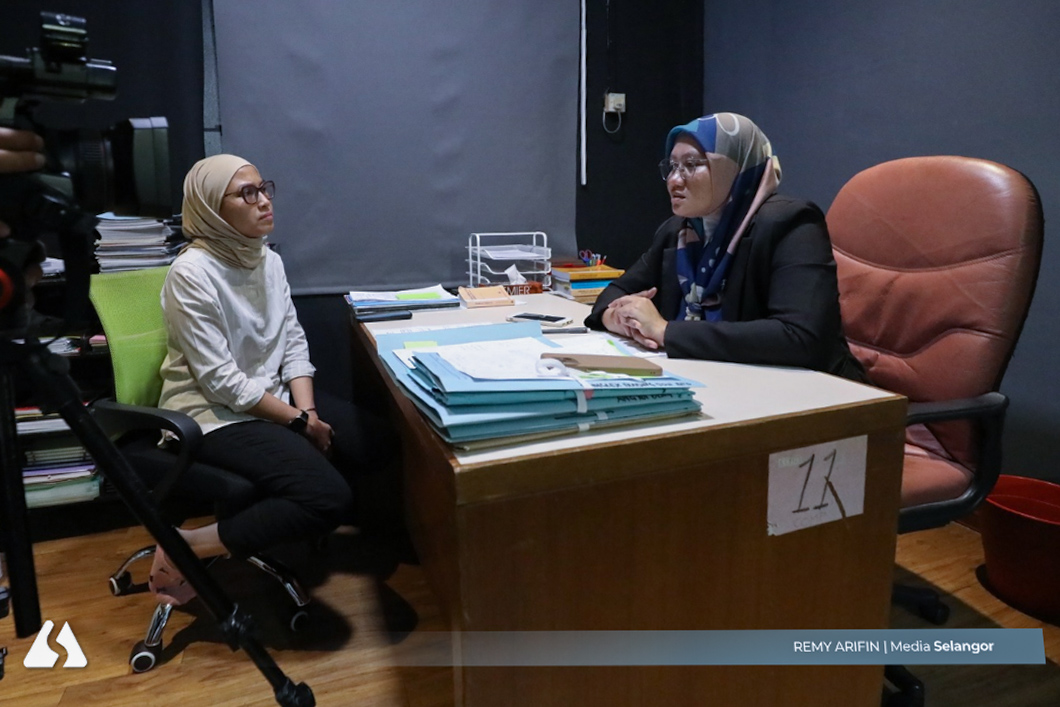
Previous news reports in October 2022 stated that more than 10 per cent of Orang Asli children in Peninsular Malaysia had dropped out of the education system, due in part to the distance between their homes and schools, transport issues, hostel access, and some families’ lack of emphasis on their children’s education.
In March, the Education Ministry stepped up efforts to expand access to education for the Orang Asli community, particularly in rural areas, through the Comprehensive Special Model Schools 9 (K9) and Comprehensive Special Model Schools 11 (K11). As of last year, there were 28 K9 schools and two K11 schools in operation nationwide.


